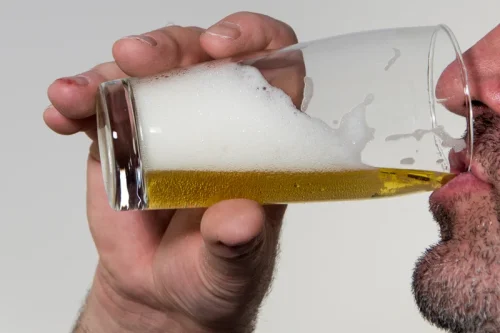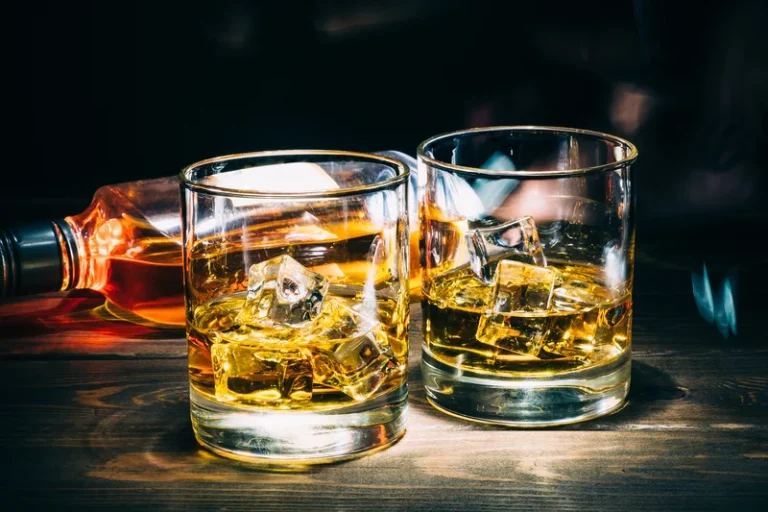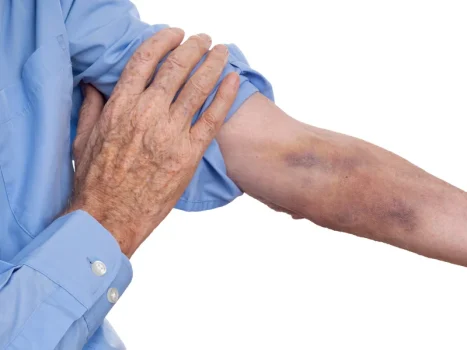
However, relapse is also a critical point where intervention, support, and learning from the experience can help the person get back on track. It’s important to address the reasons for the relapse and reinforce the strategies that help prevent future relapses. Tolerance occurs when the body and brain get used to the substance or behavior, requiring more of it to achieve the same effects.
- This forces the individual to consume more substances to achieve the same effects, a process known as tolerance.
- This can happen at any stage after the initial experimentation phase, once the body has adjusted to regular exposure to the substance.
- The negative emotionality domain correlates with the withdrawal/negative affect stage experienced by individuals with addictive disorders.
- These new patterns help rewire the brain, creating healthier neural pathways to replace the old, addictive ones.
- It is at this stage where, if it hasn’t already been done, intervening from family and friends is needed.
Neurobiology of Addiction
We then describe evidence-based treatments you Halfway house can recommend to patients to help the brain, and the patient as a whole, to recover. When we’re repeatedly exposed to our pleasure-producing stimuli, our brains adjust and, eventually, we need more and more just to feel “normal,” or not in pain. That’s called a “dopamine deficit state,” and the cycle that leads us there can actually lead to depression, anxiety, irritability and insomnia. When we’re repeatedly exposed to pleasure-producing stimuli — social media, sugar, alcohol or any number of readily-available substances — our bodies adjust. Then we need more on repeated use, just to feel a the marginal pleasure boost – and, eventually, just to feel “normal.” As grim and as final as the addiction cycle might sound, with it being a fixed cycle with no chance of reform, there is a window of opportunity that could be utilized to help the person get back on track.
- Addiction treatment centers can safely and effectively treat ANY stage of addiction, regardless of where you or your loved one stand in terms of this chronic relapsing brain disease.
- The collaborative nature of group therapy fosters a sense of community and accountability, which can be particularly beneficial in sustaining long-term recovery.
- Failure to insist on performance of any of the terms of the Agreement will not operate as a waiver of any subsequent default.
- Experimentation is when individuals use drugs and alcohol in certain instances, such as at parties or special events, or as a way to wind down after school or work.
- At this stage, the potential for addiction might seem remote, a distant threat on the horizon.
What Is Addiction?

The trigger could also be a psychological need, particularly for those who experienced specific trauma that causes them great distress, much like post-traumatic stress disorder (PTSD). To people who cannot relate to the triggers, it will only seem like the user will grab on to any excuse to take drugs or alcohol. People with addictions feel emotionally dependent on a cycle of addiction substance or behavior.
- The cycle begins with the initial use of substances, often driven by curiosity, social influence, or a desire to escape reality.
- Outpatient programs frequently recognize the importance of involving family and friends in the recovery process.
- Maybe they’ve attempted to get help with this disorder in the past, only to find the relief they were hoping for.
- Things like social problems, depression, peers or family members who enable, abuse, neglect, mental disorders, or a family history of substance abuse.
- AAC has treatment centers spread throughout the country, offers the complete continuum of care, and provides evidence-based therapies and individualized treatment plans to help you find lasting recovery.
Vulnerability To Addiction

For practical, evidence-based tips on supporting your patients with AUD, see the Core articles on treatment, referral, and recovery. During acute and protracted withdrawal, a profound negative emotional state evolves, termed hyperkatifeia (hyper-kuh-TEE-fee-uh). The brain mediates our motivation to repeat behaviors that lead to pleasurable, rewarding states or reduce uncomfortable, distressing physical or emotional states.
